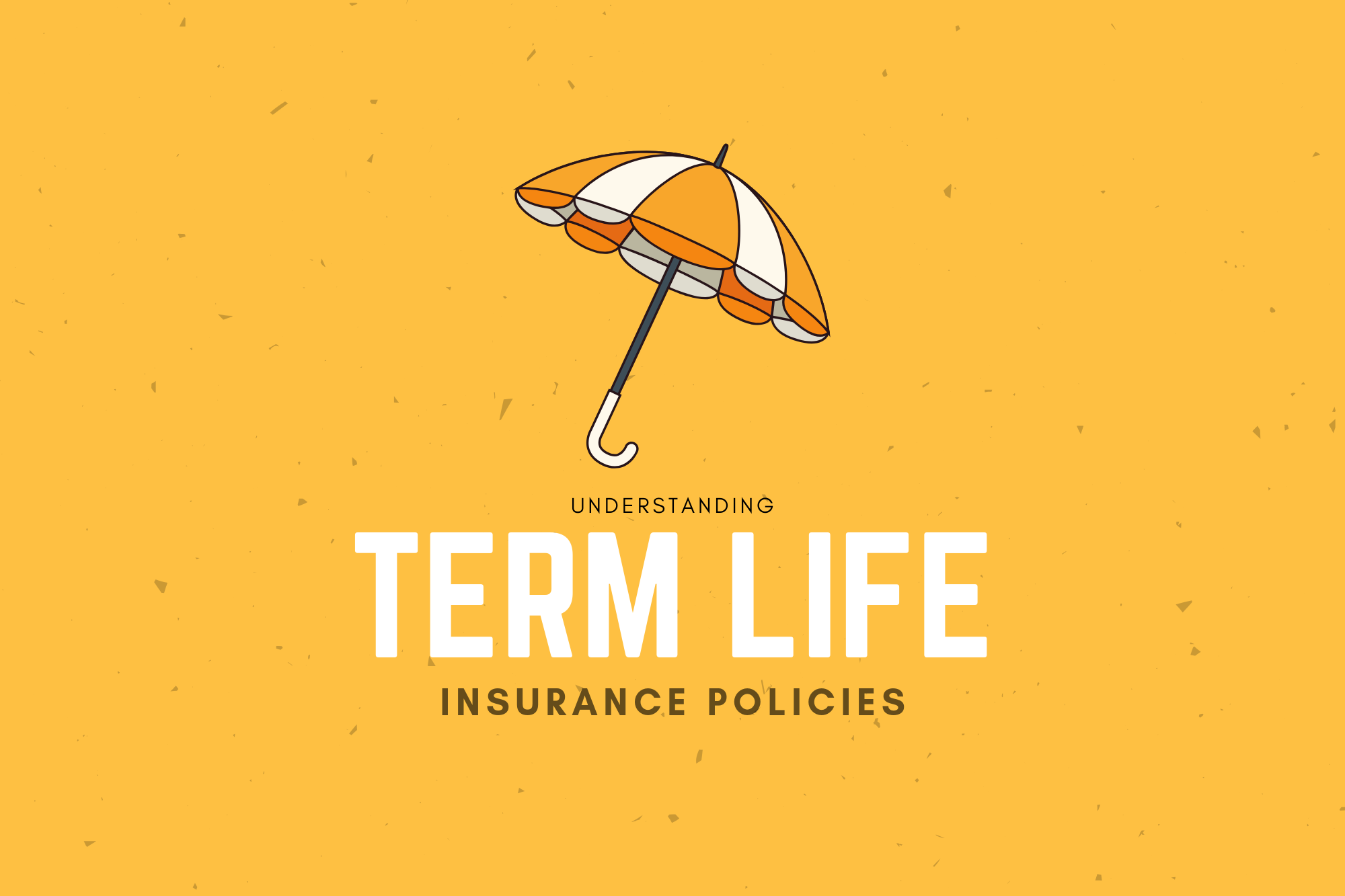
Quick Summary Of What Happened
The Facebook post was written by a lady whose mother has recently passed on. Based on what was shared, her mother had three insurance policies with AIA inclusive of the AIA Financial Guardian, a whole life insurance plan.
Read Also: Understanding How How Life Insurance Plan Works
One of the key areas of unhappiness in the post was about the death benefit returns from the insurance policies. Here is an excerpt from the post.
“One of the policies was an AIA Financial Guardian whole life (participating) policy she purchased when she was 64 in 1988. The sum assured is $30,000, and the projected death benefit at this point (30 years by 2017) is $67,140. We have paid $48,362 in total premium over 24 years where premium was payable. For this policy, AIA is paying a death benefit of $49,731! While I understand the $67,140 is a projection, this discrepancy is close to 25%. Are those projected numbers we are presented with when we purchase insurance policies nothing but a mere inflated dream so that insurance agents can close the deal and line their pockets? AIA seemed to benefit most if this was the case.”
It’s easy to dismiss this matter as either a case of 1) mis-selling on the part of the agent representing the company or 2) a typical scenario where policyholder buys into an insurance policy without fully understanding what it is.
Both are plausible scenarios that happen often. However before we dismiss the incident completely, let us first look at what we can learn from it.
Insurance Coverage Or Investment Returns? What Exactly Are You Buying A Life Insurance Policy For?
One of the key flaws that many Singaporeans are guilty of is not knowing what they are buying when they get a life insurance policy.
From the Facebook post above, it’s clear that the dependant expects the insurance policy bought by the policyholder to provide some form of investment return, since a comparison was made between how much premiums was paid, against how much death benefits was received.
However as many online commentators have (rightly) pointed out, the policy bought was a life insurance policy. Without over-complicating the explanation of what a whole life insurance policy is (if you are interested, read our complete archive of articles about whole life insurance policy here), people buy life insurance policies to provide coverage for themselves against death, rather than for investments.
Participating whole life insurance policies have a non-guaranteed component within the policy. What that basically means is that the payout provided by the insurance company in the event of death will comprise of both a guaranteed payout (guaranteed by the insurance company) and a non-guaranteed payout (which is dependent on the performance of the participating fund which it is invested into).
Read Also: What Types Of Insurances Should Fresh Graduates In Singapore Buy
Don’t Buy A Life Insurance Policy For Investment Returns
The biggest mistake people make is to assume that just because an insurance policy has an investment component to it, that it suddenly becomes an investment plan.
Let us be clear on this. No, it’s not. Just having an investment component does not magically transform an insurance policy that you bought into an investment plan.
If you want investment returns, you can buy stocks, bonds, ETFs or properties. If you think you are too busy to do your own investments, you can pay a fund manager to do so on your behalf through buying a unit trust (i.e. mutual fund) or even an investment linked insurance policy (which we do not recommend, you can read our reasons here) instead.
In these investments, you decide what you want to invest in, or whom you want to invest your money through. If there are losses, you and you alone are accountable for the losses.
Life insurance policies on the other hand do guarantee a certain payout upon death of the policyholder. In the case, the policyholder was 64 years old at the time the life insurance was bought.
With an average annual premium of about $2,000 per year, and a sum assured of $30,000, one could say that the guaranteed payout was reasonable.
Leaving A Legacy To Your Loved Ones
As shared by the lady who wrote the post, one of the key objectives that her mother had was to leave a legacy to her loved ones, which led to the purchase of the insurance policy.
Generally speaking, there are three ways you can leave a legacy to your loved one.
#1 Investment Assets
These would include properties, stocks, bonds and assets held in funds such as unit trusts that you own.
#2 Cash, or equivalent
These include savings in bank account and CPF monies held under your name.
#3 Life Insurance Policies
These include death benefit payout arising from life insurance policies bought.
Buying A Whole Life Insurance Plan To Leave A Legacy Instead Of Investing It
It’s easy to point out that had policyholder invested the money herself instead, it would have generated higher returns.
While that is true to a large extent, we have to remember that the insurance policy was bought in the 1980s, when the financial market was vastly different from the ones we know of today. Products such as ETFs were not available then. Investing then would have meant buying individual stocks, hardly an activity that someone in her 60s would want to learn and have to manage.
Should policyholder have just simply saved up the money in the bank instead? On hindsight, it’s easy to say that would have better, since the death benefit payout was just slightly more than the premiums paid. However, we need to remember that this only happened because policyholder was able to live a long life. Had policyholder passed on earlier, death benefit payout which was guaranteed at $30,000 could have been significantly higher than premiums paid. That was the risk that the insurance company took to insure the individual.
At the end of the day, the purchase of a whole life insurance policy does fulfil the intention of the policyholder of wanting to leave a legacy behind for her dependants.
Read Also: What Happens To People’s Asset When They Pass On
4 Lessons We Can Learn From The Incident
There are a few important lessons that we can and should learn from this incident.
Firstly, always understand the financial objectives of what it is that you want accomplished. If it’s investment returns, buy the right product that does that. Just because a product has an investment benefit illustration does not automatically makes it an appropriate investment instrument.
Secondly, we need to learn how to differentiate between different types of insurances, and what they are used for. In this case, buying a whole life insurance in order to leave a legacy behind was not a bad idea. It’s however not a great tool if you want to make high returns from your premiums.
Thirdly, it’s good to always remember that projected returns are never guaranteed unless explicitly stated. Projected returns, are in fact, standardised across the industry.
A company, when giving you a projected return, is simply giving you an understanding of the returns you can get from the policy if it hits a certain interest rate return. It’s not saying that it is confident of hitting the target because that is ultimately a function of the risk it is willing to take and the overall performance of the market.
Last but certainly not least, it’s important to do a regular review of the insurance policies that your parents or loved ones have bought together while they are still around so that you fully understand the intentions they have behind buying it, and whether the products they bought are indeed in line with what they are seeking. It’s only by having these conversations that we can understand why our parents and loved ones bought the policies that they did.
Many people don’t talk to their loved ones about insurance matters. While this may be avoided out of respect, it’s usually not helpful for either policyholder or dependants to not have the discussion.
What do you think of the incident? Could more have been done to address the concerns of the policyholder’s dependants in this case? What else can we learn from this. Discuss with us you views or concerns on the open Facebook SG Insurance Discussion Group.
Read Also: Why You Should Care About Your Parents’ Health Insurance Needs
AIA Singapore emailed us on 31 May with an update on the matter. – “We would like to clarify that AIA Singapore had honoured the full payouts in accordance to contractual terms of the 3 policies and there was no shortfall in the payouts. Nevertheless, we’re pleased to share that, in working closely together with Ms Ting and her family, we’ve addressed their concerns, and both parties have resolved this matter amicably.” – From AIA Singapore









